Sadiqeh Dowlatabadi was born in Isfahan in 1883. Her father, Haj Mirza Hadi Dowlatabadi, was a progressive cleric who allowed his daughters to pursue education. Her mother was Khatemeh Begum.
Sadiqeh continued her studies alongside her two brothers, Yahya and Mohammad Ali, who were prominent figures in the Education Association and the constitutionalist movement.
Despite the relative freedom enjoyed by the Dowlatabadi family, as there were no schools for girls at the time, Sadiqeh was had no choice but to marry when she was just 15 years old.
The marriage quickly ended, though, and Sadiqeh then became one of the most prominent women's rights activists in Iran. From the moment she joined the struggle for women's equality, until her death, the Dowlatabadi tirelessly fought for women's rights.
In parallel with the 1905 signing of the constitutional decree in Tehran by Mozaffaruddin Shah Qajar, Sadiqeh Dowlatabadi, who had settled in Tehran after her marriage ended, co-founded the Mokhadderat Association with a group of leading women.
The association was led by another woman named Banoagha Begum, whom some believed to be the wife of prominent cleric, Haj Hadi Najmabadi, while others believed she was his daughter. Begum served as the secretary of the board of directors. Initially, this association operated secretly and its members supported the advancement of the constitution alongside men.
However, despite efforts of these activists, the drafters of the new Iranian laws did not grant any rights to women. Some members of parliament, who had been elected with the support of women, even opposed allowing girls' education.
These circumstances prompted women's associations to take significant action for women's equality. The establishment of the Mokhadderat Association was a response to these challenges.
The association focused on building girls' schools, reducing the amounts of dowry payments, supporting domestic production, and assisting in the reopening of the National Bank. Dowlatabadi, along with one or two other women from the association, visited cafes and other places where men gathered to encourage them to for producing and buying domestically.
In 1909, when Russia issued an ultimatum to Iran regarding the appointment of financial advisors, including Morgan Schuster, Sadiqeh and other association members held a large meeting in parliament.
They symbolically displayed guns concealed beneath their robes and shrouds, conveying the message to the nation's representatives that if they could not govern the country and resist foreign forces, they should step aside and allow others to lead.
Sadiqeh Dowlatabadi returned to Isfahan around 1915 and applied to the Ministry of Education to publish the newspaper Zaban Zanan (Women's Language.) Prior to this, she was a member of the Freedom of Women association, which placed greater emphasis on women's rights and challenged prevailing male-dominated traditions of the time compared to other associations. The association also included the daughter of Naser al-Din Shah Qajar.
In Isfahan, Sediqeh Dowlatabadi, together with Badraldji Rakhshan, a graduate of the American School of Tehran, established the School of Shariat. Although the school was one of the leading institutions of its time, it operated for only three months.
A subsequent school, Om-al-Madares, faced a similar fate. Following these experiences, Sadiqeh Dowlatabadi, along with several other women from Isfahan, founded Khatin Isfahan. The focus of this association was to raise awareness about women's rights.
Before receiving a response from the Ministry of Education, Dowlatabadi independently published the four-page newspaper Zaban Zanan from her own residence.
Three years after the establishment of the Shokofe newspaper, edited by Maryam Omid, Zaban Zanan became the first women's organization to explicitly address women's rights, declaring that it would only accept submissions from girls and women.
Zaban Zanan initially highlighted the importance of girls' education and advocated for the establishment of schools for them. It also covered topics related to personal affairs, such as choosing a spouse, marriage, and principles of housekeeping. The newspaper criticized patriarchal and traditional norms in these areas, offering new plans for transformation.
Moreover, Zaban Zanan went beyond these issues and voiced criticism of political leaders, protesting against the 1919 “Anglo-Persian” agreement and British influence. These actions led to attacks by religious extremists on the newspaper office and threats against Dowlatabadi and the women working there. However, these threats did not deter them. Eventually, prime minister Tonekaboni wrote a letter to the Isfahan authorities ordering the confiscation of the newspaper.
When the head of the Isfahan authorities conveyed this decision to Sediqeh Dowlatabadi, he remarked, "You were born a hundred years early." In response, Dowlatabadi, while placing the confiscation letter in her bag, confidently replied, "You are mistaken, sir; I was born a hundred years late. Because if that were the case, I would not allow women, who are currently subjugated and weakened, to be prisoners of your men's chains today."
After the ban on Zaban Zanan, Dowlatabadi returned to Tehran and resumed her activities. Together with a group of women, she founded the Women's Experimental Association and established a school for underprivileged girls.
In 1922, she traveled to France and enrolled in a boarding college while also writing articles on women's independence for newspapers such as Time. In 1926, she participated in the International Women's Congress in Paris and delivered a major speech advocating for women's rights.
Upon her return to Iran, she continued her advocacy, not only for equal rights but also for the removal of the hijab.
She was one of the founders of the Iranian Women's Center, established in 1935. In 1951, when Mohammad Mossadegh revised the election law, Dowlatabadi wrote to hom urging the inclusion of women's right to vote
Despite Mossadegh's inability to satisfy Dowlatabadi's request, she and her fellow activists and thinkers persisted in their efforts.
Finally, in 1962, women were granted the right to vote and to be elected to parliament.
Dowlatabadi did not live to see this milestone and to cast her own vote. She passed away in 1961, due to illness, and according to some accounts, she was buried in Zargandeh cemetery as per her own wishes.
In her will, she stipulated that no woman with a hijab should attend her funeral, which became a pretext for extremists to desecrate her grave in 1979.
They also targeted the graves of her brother, Mohammed Ali, and Mahmoud Nariman.
Years later, during Mahmoud Ahmadinejad's mayoral term, a park was built on the site to erase any trace of the graves.
Although there is no grave remaining for her, Sadiqeh Dowlatabadi's tireless efforts for women's equal rights have immortalized her name in the history of Iranian women.
visit the accountability section
In this section of Iran Wire, you can contact the officials and launch your campaign for various problems













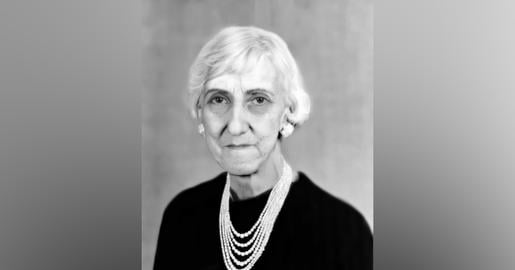


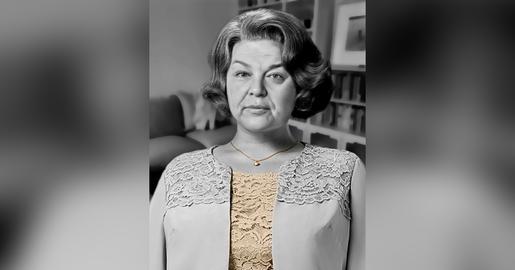
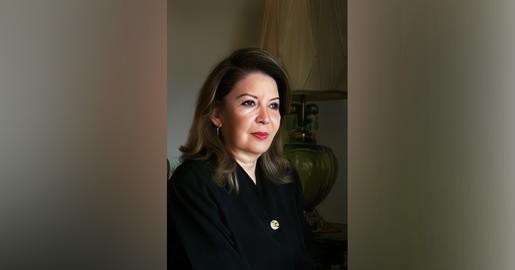

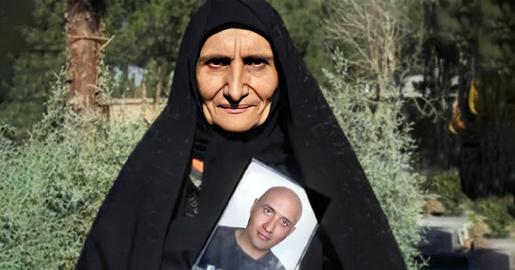

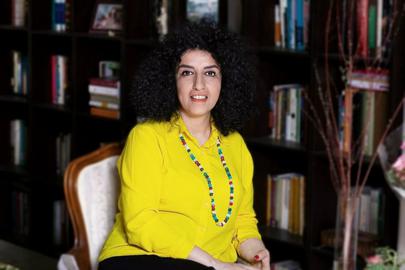
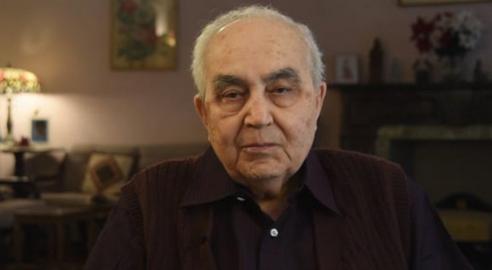
comments